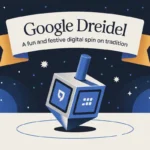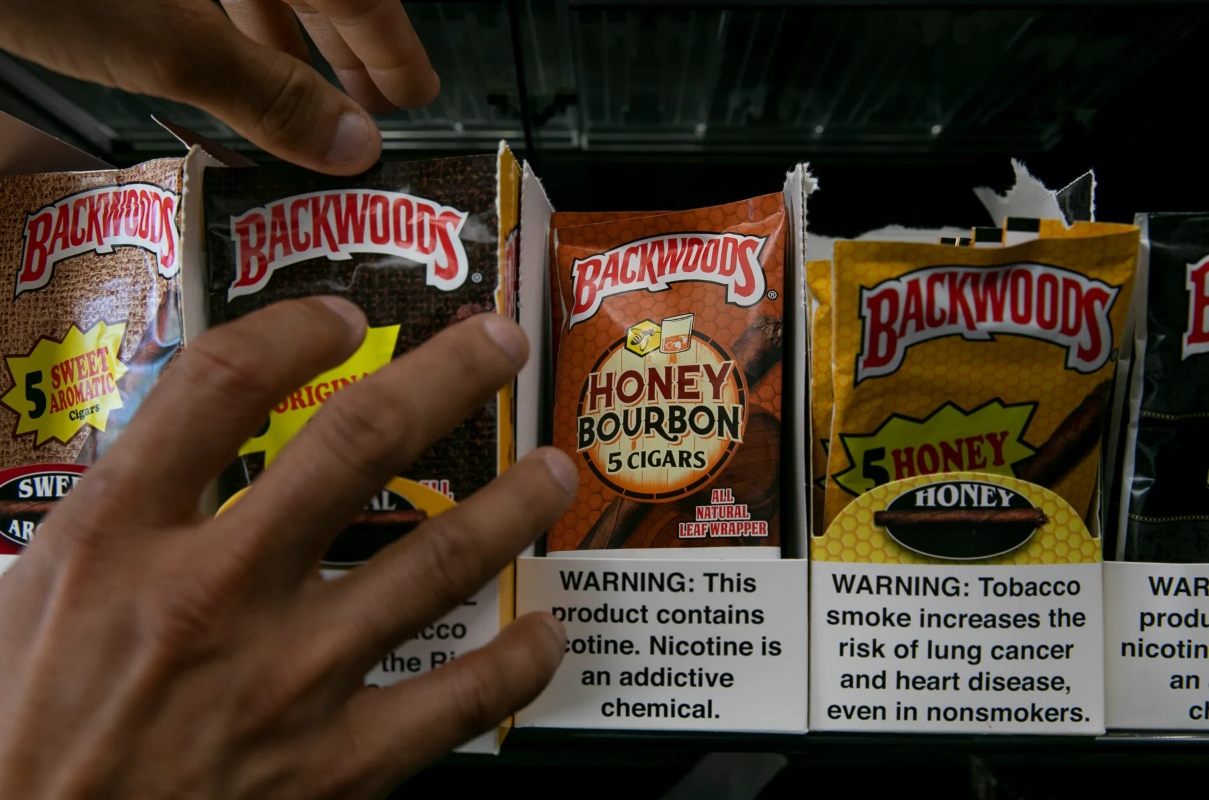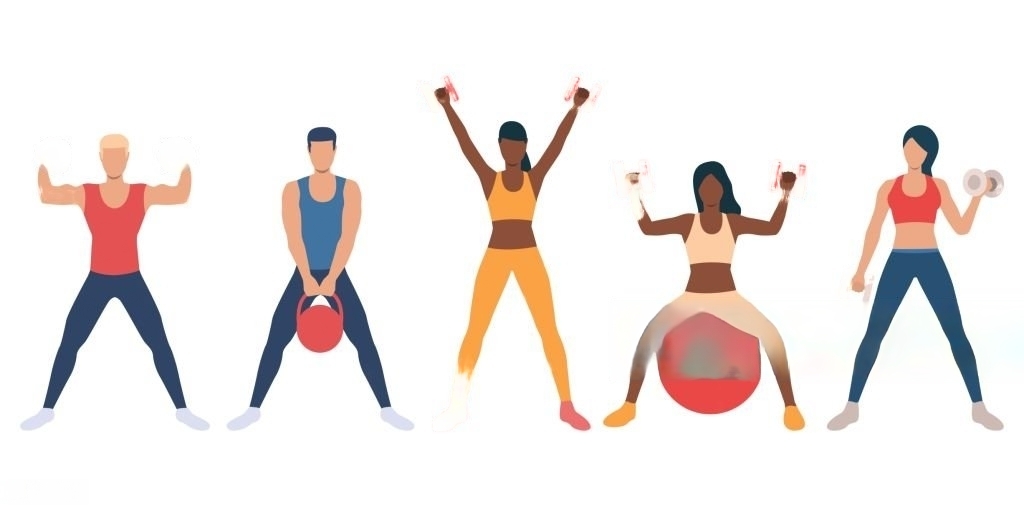Research suggests flavored tobacco and e-cigarettes are major drivers of youth tobacco product initiation. Banning flavored tobacco will help reduce this trend. This study evaluates self-reported tobacco/vapor product use changes following a city-wide flavor ban in San Francisco. Results suggest that a flavor ban significantly reduced vapor/e-cigarette and cigar use in adults who used these products before the ban, regardless of how they circumvented it by stocking up beforehand or purchasing online.
Reduces Youth Tobacco Use
In the United States, flavored tobacco products are a major target for efforts to reduce youth tobacco use. The FDA’s ban on flavored cigarettes (excluding menthol) took effect in 2009 and was associated with reducing the likelihood of smoking among high school students. The FDA is considering banning all flavored tobacco products from people under age 21, including e-cigarettes and cigars. A convenience sample of adolescents and nonsmokers in San Francisco was surveyed about their tobacco use before and after the city’s flavored flavor ban. The questionnaire included questions about the past 30-day cigarette, cigar, and smokeless tobacco use and whether participants tried to quit or reduce their use of any of those products after the ban. Regression models evaluated the ban’s impact on these outcomes controlling for a quadratic time trend, demographic variables, price controls, and the teenage unemployment rate.
The ban significantly reduced cigarette smoking and nonsmoking use of e-cigarettes and cigars. The ban was also associated with a nonsignificant increase in combustible cigarette smoking. In addition, the survey did not detect any evidence of one-to-one substitution toward other flavored tobacco products after the ban took effect. It is consistent with recent studies suggesting that comprehensive tobacco product bans may decrease e-cigarette and cigar smoking but may inadvertently increase cigarette smoking rates.
Reduces Adolescent Nicotine Addiction
Many states and localities have enacted flavor restrictions of varying strength. Studies evaluating these restrictions show that strong, comprehensive policies with no loopholes effectively reduce youth and adult tobacco use. A study about a state’s flavored tobacco ban found that it was associated with reducing cigarette smoking and non-cigarette product use but a small increase in cigar and smokeless tobacco use. A limitation of the study is that it relies on repeated cross-sectional surveys rather than panel data, which would allow for a more rigorous evaluation of the impact of the policy.
The authors of this study analyzed the effects of a flavored cigarette ban in San Francisco on tobacco use patterns using longitudinal survey data from the National Youth Tobacco Survey (NYTS). Annual sample-weighted means and 95% confidence intervals were estimated using multivariable logistic regression models that controlled for district fixed effects, observable covariates, state policy exposure, and demographic and adolescent characteristics. Difference-in-differences analyses compared rates of recent smoking before and after the implementation of the flavor restriction.
Reduces Tobacco Industry Influence
Research on flavor restrictions at the state and local level is in its early stages, but it already shows that youth smoking and vaping rates decrease when flavored tobacco is banned. In addition, bans make it more difficult for the tobacco industry to lure new youth smokers into their products by using flavored cigars and vaping liquids that appeal to youth tastes. A study comparing a city in Massachusetts that had implemented a flavored tobacco ban to a nearby town without one found that the former was associated with a greater decline in current cigarette and non-cigarette tobacco product use among adults. It includes reducing mint and wintergreen moist snuff, flavored smokeless tobacco, vapor products and e-cigarettes. The results also indicated that adults were more likely to report trying to quit or reduce their use of flavored smoking after the ban took effect. New York should join other states and cities by banning the sale of menthol cigarettes, flavored cigars and vapor products. The move will help create the first tobacco-free generation, protect children and teens from addiction, advance racial equity and save lives for decades. It will also help protect the health of adults, who will avoid the burden of billions in healthcare costs to treat tobacco-related diseases like heart disease and cancer.
Reduces Tobacco Marketing to Youth
State and local governments have billions in taxes on tobacco products and money from tobacco lawsuits that they could use to prevent smoking and vaping among youth. Still, only a tiny fraction of this funding is spent doing so. Localities that want to help kids stop using tobacco must focus on assisting them to quit, and this should be done by removing flavored cigarettes from the market.
Currently, many young people use e-cigarettes and cigars because they are available in flavors that appeal to them. These products have lower health risks than combustible cigarettes and are often the first tobacco products that young people ever use. Taking the appeal out of these e-cigarettes and cigars can significantly reduce youth initiation into nicotine and tobacco products.
In the United States, flavored cigarettes are the most popular tobacco product. They appeal to young people because they come in various flavors, including candy or dessert, fruit, alcoholic beverage and herb. In addition to flavored cigarettes, there are flavored tobacco products such as chewing tobacco, little cigars and cigarillos, dip, snuff, e-cigarettes, and hookah.
A recent study of a city-wide ban on flavored cigarettes in San Francisco found that the ban was associated with decreases in adolescent tobacco use, both cigarette and non-cigarette use. The effects of cigarette use were stronger than the effect of non-cigarette use. It is still being determined how much this was because of substituting flavored and unflavored combustible products.











